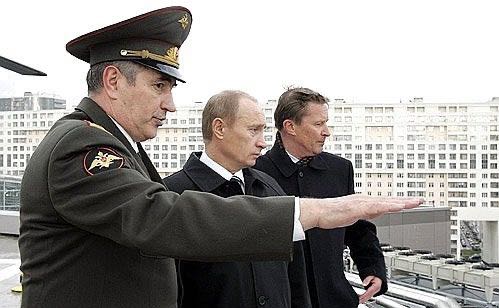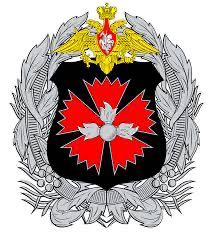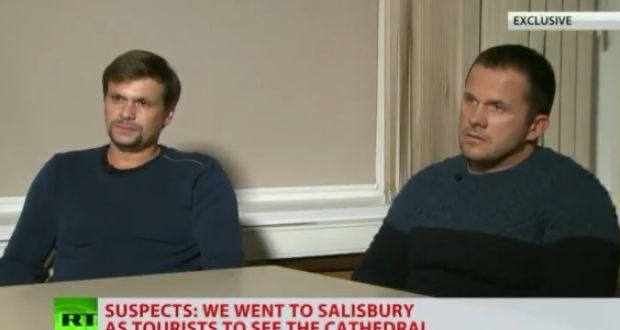Ruslan Boshirov, one of the suspects of the poison attack on Skripal, has been identified by research group Bellingcat as a decorated member of the Spetsnaz, special forces of the military intelligence service GRU. Russian newspaper Kommersant got his identity confirmed in his home village. According to security specialist Mark Galeotti the role of Spetsnaz, surrounded by a powerful mythology, is changing. The troops are increasingly being used for political operations abroad and will be a growing headache for the West.

Bellingcat identified Ruslan Boshirov as Alexander Chepiga, decorated GRU-colonel (picture Bellingcat)
The news that the citizen investigative agency Bellingcat has identified one of the men accused of trying to assassinate turned Sergei Skripal as a colonel in the Russian special forces has inevitably turned the spotlight of these ‘Spetsnaz’.
Their reputation is by turns formidable, fearsome and ferocious, but they are also widely misunderstood. They are neither all remorseless Kremlin ninjas, nor just a collection of better-than-average gunmen. Instead, they demonstrate the Kremlin's new conviction that war and politics are one and the same, and increasingly are being prepared for covert, deniable operations abroad.
The term Spetsnaz is a contraction of ‘spetsialnoe naznacheniya’: ‘of special designation’ or ‘of special purpose.’ It is used as a generic term for various elite forces, from the Alfa anti-terrorist commandos of the Federal Security service to the Fakel hostage-rescue teams of the prison service.
However, the ‘real’ Spetsnaz are the 17,000 or so special forces attached to what is still generally known as the GRU but which is properly the Main Directorate of the General Staff (GU GSh), military intelligence.
Emblem of GRU
There are some eight Spetsnaz brigades, an additional regiment, and a ‘point’ of Naval Spetsnaz equivalent to brigades attached to each of the four fleets. This is undoubtedly a formidable asset, and the Spetsnaz have participated in every conflict in which Russia is or has been involved, from Chechnya to Syria. However, even though the plan was for all Spetsnaz to be volunteers by the end of this year, like so many such goals this is likely to be missed, and at least one in five are still conscripts – even if the pick of the crop – serving one-year terms. More generally, the Spetsnaz are largely trained and equipped for reconnaissance and sabotage missions on and behind the front lines in relatively large units.
No ninja supermen
Although there is a powerful mythology surrounding the Spetsnaz – especially fuelled by Vladimir Rezun, a Soviet defector who wrote a series of increasingly-lurid books under the pseudonym Viktor Suvorov – this is not a legion of ninja supermen. Instead, it is a force of effective light infantry and intervention troops more like the French Foreign Legion, British Paratroop Regiment or US Army Rangers.
That said, they have a crucial role in the kind of vicious, smaller scale wars and deniable operations that increasingly characterise modern conflict. They formed the bulk of the so-called ‘little green men’ who seized Crimea. In the Donbas, for example, they appear to have been used to kill local warlords such as Alexei ‘Motorola’ Mozgovoi and Mikhail ‘Givi’ Tolstykh who became inconvenient for Moscow.
Now with the attempted assassination of Skripal also apparently being assigned to Spetsnaz, in this case one Colonel Anatoly Chepiga, it is clear that they have a more central role than even in the Kremlin's current geopolitical campaigns.
In part, this is because the GRU recruits intelligence officers from the Spetsnaz. We do not know, for example, whether the much-decorated Colonel Chepiga had moved sideways from the ‘soldier’ to the ‘spy’ side of the directorate, known informally as the Agentura. Most GRU intelligence officers are not ex-commandos, and most Spetsnaz do not become spooks, but there is a clear career track leading from one to the other. With the GRU much more active these days – read more here – then inevitably, this will also bring attention to their use of Spetsnaz.

President Putin and his chief-of staff at the new Head Quarters of the GRU in 2006. Photo Kremlin
Wider issue
But there is also a wider issue. The Kremlin, even since before Crimea, come to realise the need for both more truly elite Spetsnaz units and also the extent to which these troops could play a part in the kind of deniable, ambiguous, political operations of the future.
To this end, in 2012 they began establishing the Special Operations Forces Command (KSSO) at a base in Senezh in the Moscow region. The KSSO's first operation was the seizure of Crimea and since then they have served in the Donbas and Syria and expanded to almost 2,000 officers and men. This is a true elite force, and while in many ways comparable to such counterparts as the British SAS and American DEVGRU (Seal Team 6), their close integration with the more intelligence-related elements of the GRU maybe makes them also closer to the CIA's paramilitary Special Activities Division.
Meanwhile, the regular Spetsnaz are increasingly being configured for political operations. Their command structures now have officers from the Agentura assigned to them, and GRU intelligence products that once only circulated in Moscow now also make their way to the brigade and point leadership. Training programmes are being reformulated to make regular Spetsnaz, especially professionals, more ready to operate in smaller units and alongside spies and saboteurs. Although their primary mission continues to be the tip of the spear, the forces that seize airports, destroy command centres and disrupt an enemy's supply lines in time of open war, their secondary role in mobilising militias and carrying out covert operations from provocations to assassinations is getting increasing attention.
By unmasking Colonel Chepiga – veteran of Chechnya, Hero of the Russian Federation – Bellingcat has not only given a name to Moscow's murderous active measures campaign abroad. It has also underscored the degree to which the GRU – aggressive, characterised by a wartime mindset and a macho, gung-ho culture – is currently at its forefront. Much of this, the hacking and the espionage, is down to the Agentura, but as the Kremlin demonstrates it is willing to escalate, the Spetsnaz are likely to become a growing headache for the West.
Read also Mark Galeotti's column 'Poison has become the fingerprint of Russia'


 In a much derided interview on Russian tv suspects of Skripal poisoning Ruslan Boshirov and Alexander Petrov explained that they were sightseeing in Salisbury
In a much derided interview on Russian tv suspects of Skripal poisoning Ruslan Boshirov and Alexander Petrov explained that they were sightseeing in Salisbury